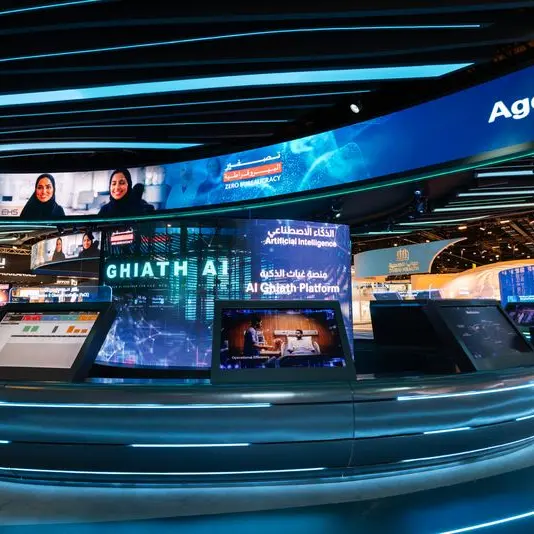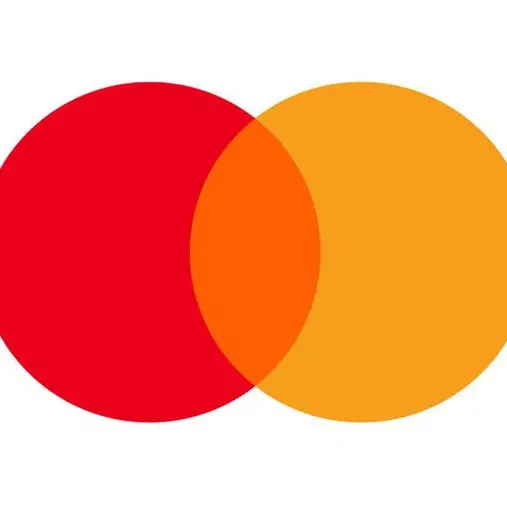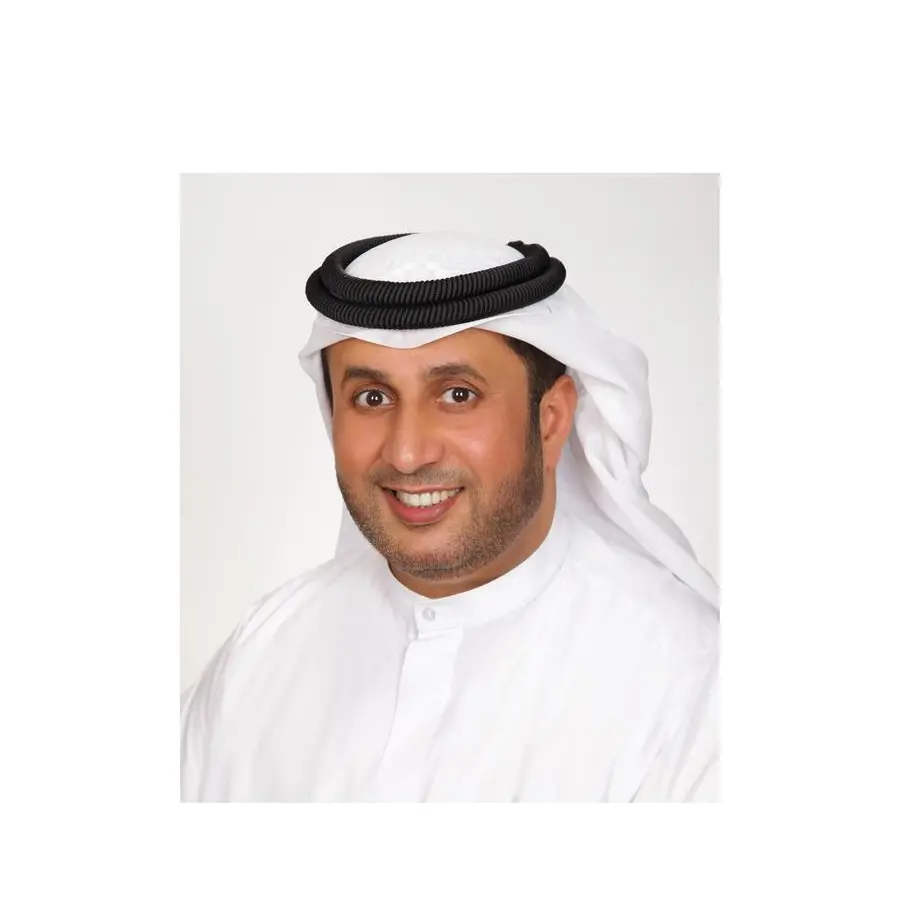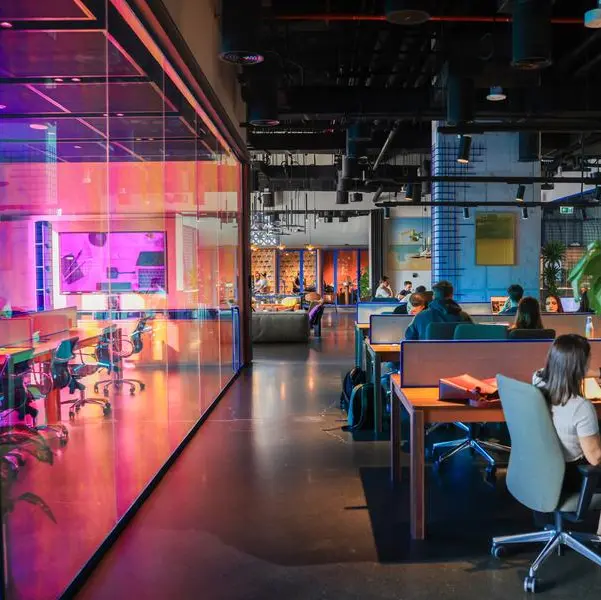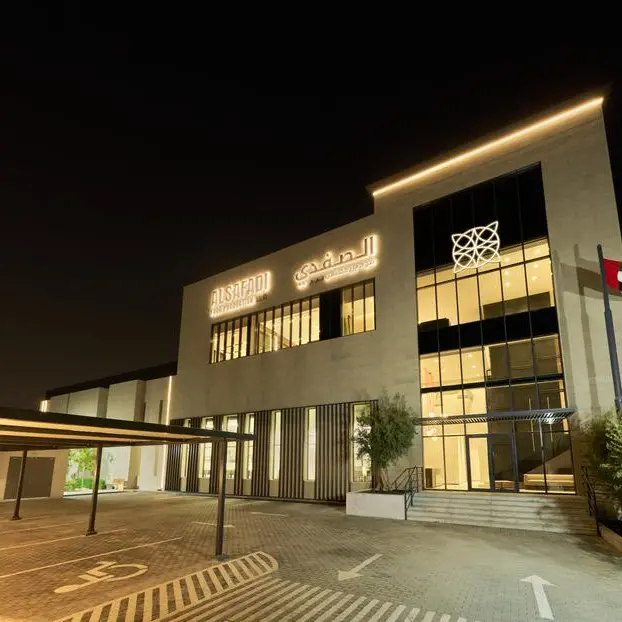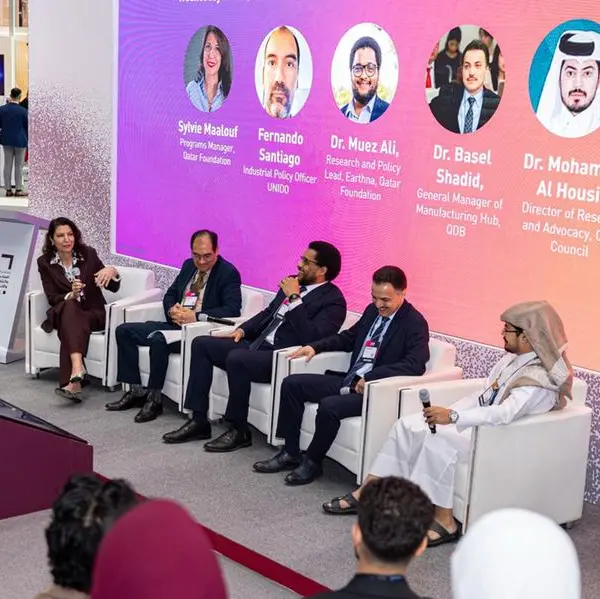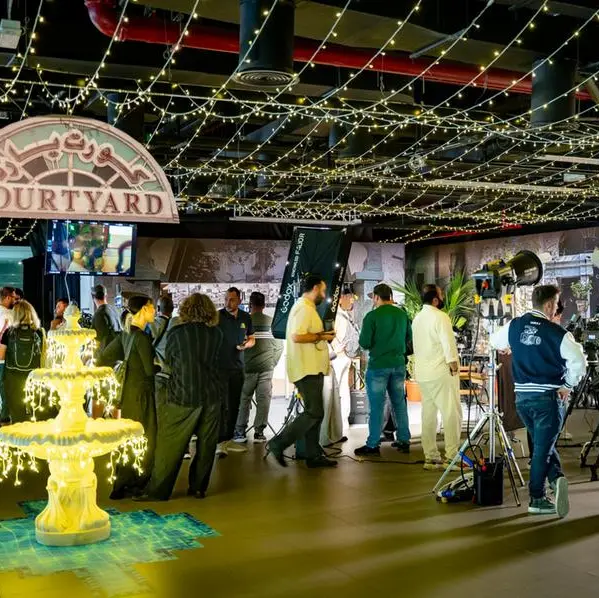Arab Youth Survey findings reveal attitudes to education, jobs and start-ups
'Generation Z' show a shift to self-awareness and personal responsibility
DUBAI, OCTOBER 12 2016
A surge in entrepreneurialism among young Arabs may hold the key to the future Islamic economy, according to experts in the fields of media and business. That was the key out-take from the fourth joint plenary at the second day of the Global Islamic Economy Summit, titled The Gen Z effect: can the Islamic economy meet post-millennial expectations, which took the format of three ‘TED-style’ talks.
In his presentation, Sunil John, CEO of ASDA’A Burson-Marsteller, the region’s leading Public Relations agency, addressed Generation Z head on: never having known a time without the internet or mobile phones, Gen Z is generally described as being technology savvy, independent, more entrepreneurial and less risk-averse than the millennials. “The group is increasingly on the radar of governments who are beginning to question whether the existing education and employment ecosystem can cater to their expectations,” he said.
He revealed exclusive findings from this year’s edition of the firm’s thought leadership initiative, the ASDA’A Burson-Marsteller Arab Youth Survey, relating to young people across the Middle East and North Africa, and their attitudes to education, jobs and entrepreneurship.
He said that most young Arabs – 58 per cent – want to further their education, be it through a graduate or post graduate degree or vocational qualification. And, while 70 per cent of young Arabs in the Gulf states still look to the Government to provide them with jobs, he said that there are encouraging figures on entrepreneurship, with more than half of all young Arabs saying that this generation is more entrepreneurial than the preceding one. Further, more than a third of young Arabs – 36 per cent – want to start their own businesses; and the UAE is the number one country in which young Arabs want to open their business.
“These findings are really interesting in terms of the Gen Z effect,” he said. “We within government, within the Islamic economy, within the private sector and within civil society need to listen to these voices and make the right decisions on their behalf. If you really look at it, these are very positive findings. Government will see light at the end of the tunnel. They will see a young generation that has a hunger to be successful; people who have an appetite for education, and who want to start their own businesses.”
Marcie Merriman, Executive Director, Growth Strategy and Retail Innovation at Ernst & Young used her presentation to show the stark contrasts between Generation Z and millennials. “Generations are not based on years,” she said. “They’re based on disruption.”
Generation Z, she said, is defined by authenticity – the top 5 celebrities for this generation are YouTube stars deemed to be ‘real people’, and contrasted this with the top five among millennials – who are still very much identified with fame and exclusive celebrity status.
Millennials, she said, are defined by a passivity towards action: true to their frugal nature, she said, they won’t pay more. They expect companies to do the heavy lifting, and patronise firms who they respected in terms of environmental and sustainable practices
“When I talked to Generation Z, however, who I originally thought of as young millennials, I began to see something very different: they immediately talked about what they were doing about the environment, as opposed to what the companies were doing.”
“The key difference between these two groups, apart from age, was their self-awareness. Gen Z see themselves as having responsibility for their eco-system, whereas millennials were looking at others to do things.”
Introducing her talk, Amani Al Khatahtbeh, founder of Muslimgirl.net, the leading US website for Muslim women – and herself the only Millennial on the panel – took exception to the ‘entitled’ label, instead saying that her peers had been let down by the previous generation.
The main thrust of her presentation was that the global economy, and in particular Western brands were co-opting Islamic identity for their own purpose, citing the fashion design Dolce & Gabana introducing a range of abayas. “The model is a white-passing woman, who might not even be Muslim,” she said. “the fashion designers didn’t consult with a Muslim, and the range was only launched in the Middle East. It overlooked the US – a $140 billion market for Muslims.”
“What are brands in it for: empowering Muslims – or exploiting them?” she asked, adding examples from H&M and L’Oreal which generated widespread coverage – and thus publicity – for the brands, but without representing an authentic Muslim voice.
In the Q&A, session, the panellists were asked how the private sector / public sector divide in employment in the Gulf could be bridged. “This is a legacy problem,” said Sunil John. “We are talking about entitled generations: 95 per cent of nationals in the UAE for example work in the public sector. There has got to be a change. Is this change going to be gradual? I don’t think so. When you look at the job market and unemployment rates in Saudi Arabia – you see that this is going to be shock treatment, this isn’t going to be a gradual thing.”
Asked about Gen Z attitudes to employment generally, Marcie Merriman said that entrepreneurialism would be the answer. “Gen Z has seen what has happened with millennials. They say this isn’t going to happen to us, we’re not going to let other people tell us what to do. We’re going to take charge of it. And that’s what underlies the entrepreneurial spirit. They have nothing to lose.”
Amani Al Khatahtbeh agreed. “Gen Z has everything at their fingertips. They have all the technology, all the resources available to them. They want to be their own bosses, and their opportunities are endless. For Generation Z, a lot of industries are outdated. They want to be disrupters. They want to flip these institutions upside down, and that gives us a lot of hope.”
- Ends -
© Press Release 2016
